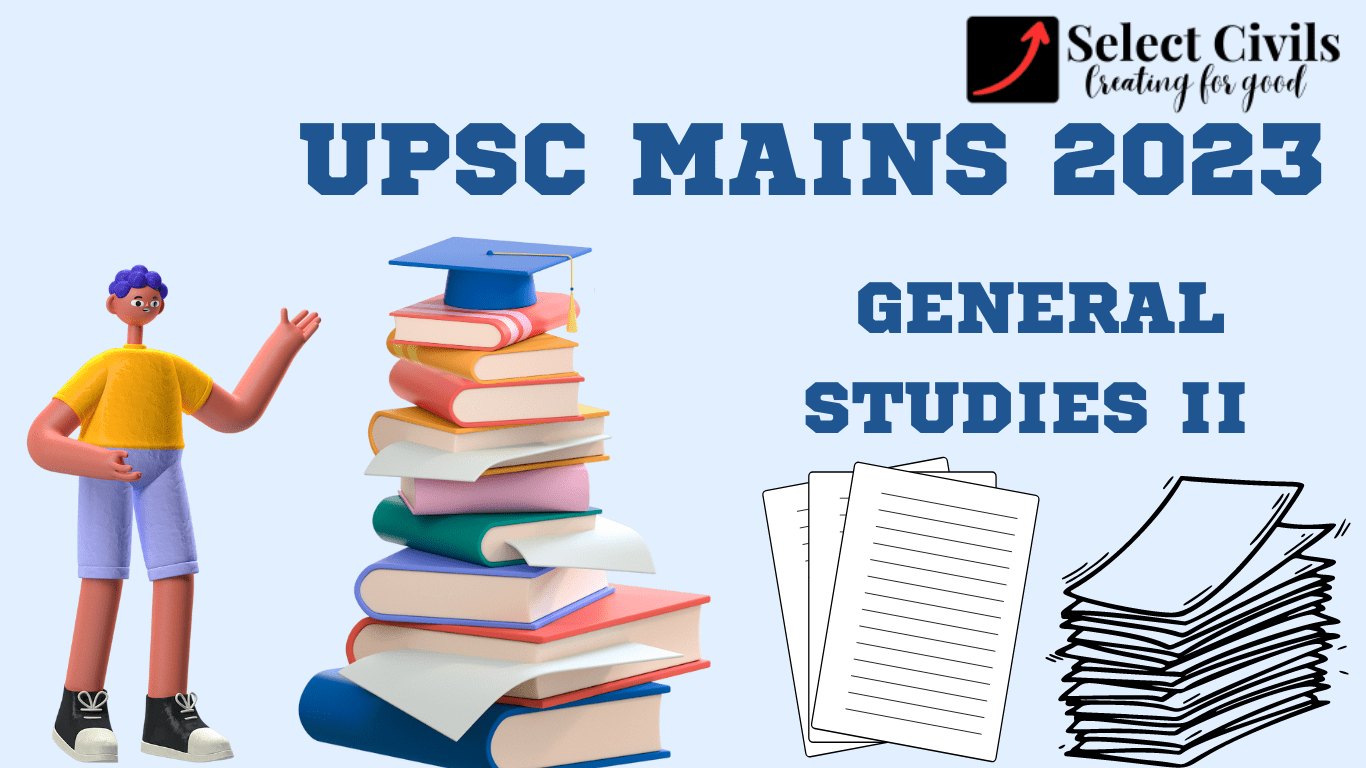Q2:Who are entitled to receive free legal aid? Assess the role of the National Legal Services Authority (NALSA) in rendering free legal aid in India.(Answer in 150 words)10 Marks
Introduction
Access to legal aid is a fundamental aspect of justice that ensures that even those who cannot afford legal representation have access to legal services. In India, the right to free legal aid is guaranteed by the Constitution and various statutes. The National Legal Services Authority (NALSA) plays a pivotal role in providing and managing legal aid services across the country.
Eligibility for Free Legal Aid
The following categories of individuals are entitled to receive free legal aid:
- Economically Weaker SectionsIndividuals whose annual income falls below a certain threshold, as prescribed by state governments, are eligible for free legal aid. This provision ensures that the economically disadvantaged have access to legal services regardless of their financial capacity.
- Scheduled Castes and Scheduled TribesMembers of Scheduled Castes (SCs) and Scheduled Tribes (STs) are entitled to free legal aid. This is part of affirmative action measures to ensure that marginalized communities receive legal assistance to protect their rights and interests.
- Women and ChildrenWomen and children, regardless of their economic status, are eligible for free legal aid. This is to ensure that vulnerable groups, who might face unique challenges in accessing justice, receive the necessary legal support.
- Victims of Trafficking and BeggarsVictims of human trafficking and individuals identified as beggars are entitled to free legal aid. These groups often face severe exploitation and abuse, and legal aid is crucial for their protection and rehabilitation.
- Persons with DisabilitiesIndividuals with disabilities are also eligible for free legal aid. This provision aims to address the specific challenges faced by persons with disabilities in accessing justice.
- Victims of Natural Disasters and Ethnic ViolenceThose affected by natural disasters, ethnic violence, or similar crises are entitled to free legal aid. This helps them in navigating legal challenges arising from such calamities and ensuring their rights are protected.
Role of NALSA in Providing Free Legal Aid
- Establishment and FunctionsNALSA was established under the Legal Services Authorities Act, 1987, to implement legal aid programs across India. It functions under the guidance of the Supreme Court and coordinates with State Legal Services Authorities (SLSAs) and District Legal Services Authorities (DLSAs) to provide legal aid.
- Legal Awareness and EducationNALSA conducts various programs to raise awareness about legal rights and the availability of legal aid services. This includes organizing legal literacy camps, workshops, and educational programs to inform the public about their legal rights and the process for obtaining legal aid.
- Legal Aid ServicesNALSA provides free legal aid services through a network of legal aid clinics, panel lawyers, and legal aid volunteers. This includes representation in courts, legal advice, and assistance in filing complaints and petitions.
- Training and Capacity BuildingNALSA is involved in training legal professionals, including lawyers and paralegals, to effectively provide legal aid services. Capacity building initiatives ensure that legal aid providers are well-equipped to handle diverse cases and meet the needs of beneficiaries.
- Monitoring and EvaluationNALSA monitors and evaluates the implementation of legal aid programs to ensure effectiveness and efficiency. This involves assessing the quality of legal services provided, addressing grievances, and making necessary improvements to the legal aid system.
- Collaboration with NGOs and Civil SocietyNALSA collaborates with non-governmental organizations (NGOs) and civil society groups to extend the reach of legal aid services. Partnerships with these organizations help in reaching out to underserved and remote areas, thereby increasing access to legal aid.
Challenges and Recommendations
- Awareness and AccessibilityDespite the availability of legal aid services, many eligible individuals remain unaware of their rights or face barriers in accessing these services. Increasing outreach efforts and establishing more legal aid clinics in rural and underserved areas can help address this issue.
- Quality of Legal ServicesEnsuring the quality of legal aid services is crucial for effective justice delivery. Regular training and evaluation of legal aid providers, along with mechanisms for feedback and grievance redressal, can help improve service quality.
- Funding and ResourcesAdequate funding and resources are essential for the effective functioning of legal aid programs. Ensuring that NALSA and its affiliated bodies receive sufficient financial support can enhance their capacity to provide comprehensive legal aid services.
Conclusion
In conclusion, free legal aid is a fundamental right that ensures access to justice for all individuals, regardless of their financial status. The National Legal Services Authority (NALSA) plays a critical role in implementing and managing legal aid services across India. By addressing challenges related to awareness, accessibility, quality, and funding, NALSA can continue to enhance the effectiveness of legal aid programs and uphold the principles of justice and equality.
